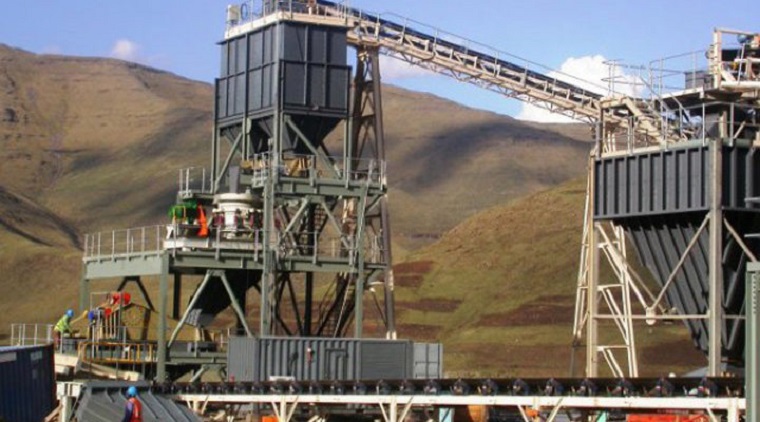The Environmental Management Agency (EMA) says state- owned mining companies usually start operating without proper regulatory approval, in defiance of the Environment Management Act.
The revelation by EMA comes days after the High Court barred state owned Zimbabwe Consolidated Diamond Company from operating as it did not have the requisite approval from EMA.
EMA is a statutory body responsible for ensuring the sustainable management of natural resources and protection of the environment and prevention of pollution.
In terms of section 97 of the Environment Management Act, all mining activities cannot commence without an Environment Impact (IEA) certificate which is issued by EMA.
The EIA certification fees are pegged from 0.8 percent to 1.2 percent of the total mining project cost depending on the size of the operations.
“Government and quasi- government mining companies normally start operations without EIA certificate and then comply with EIA requirements later. We are not having problems with most private mining companies on that issue,” EMA Environmental Impact Assessment officer Phanuel Mangisi told the media at a Zimbabwe Parliamentary Journalists Forum workshop.
He said most of the state companies do not comply with EMA orders to stop mining when found violating environmental regulations.
“When we issue an order, they continue to violate. In terms of implementation of our different pieces of legislation, we need political support.We need political intervention because there is a limitation in terms of enforcement and where we can go,” said Mangisi.- The Source
(70 VIEWS)







0 Comments